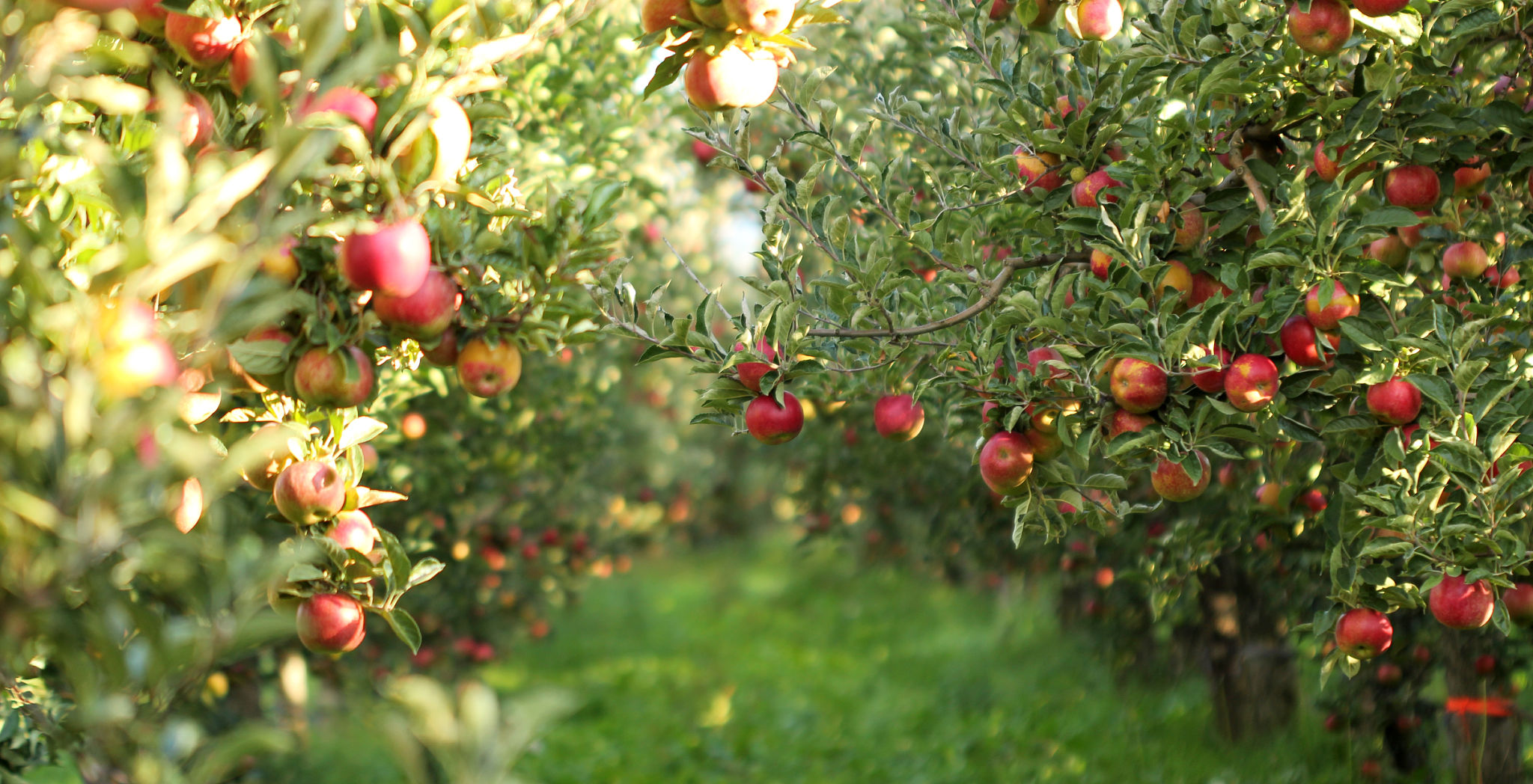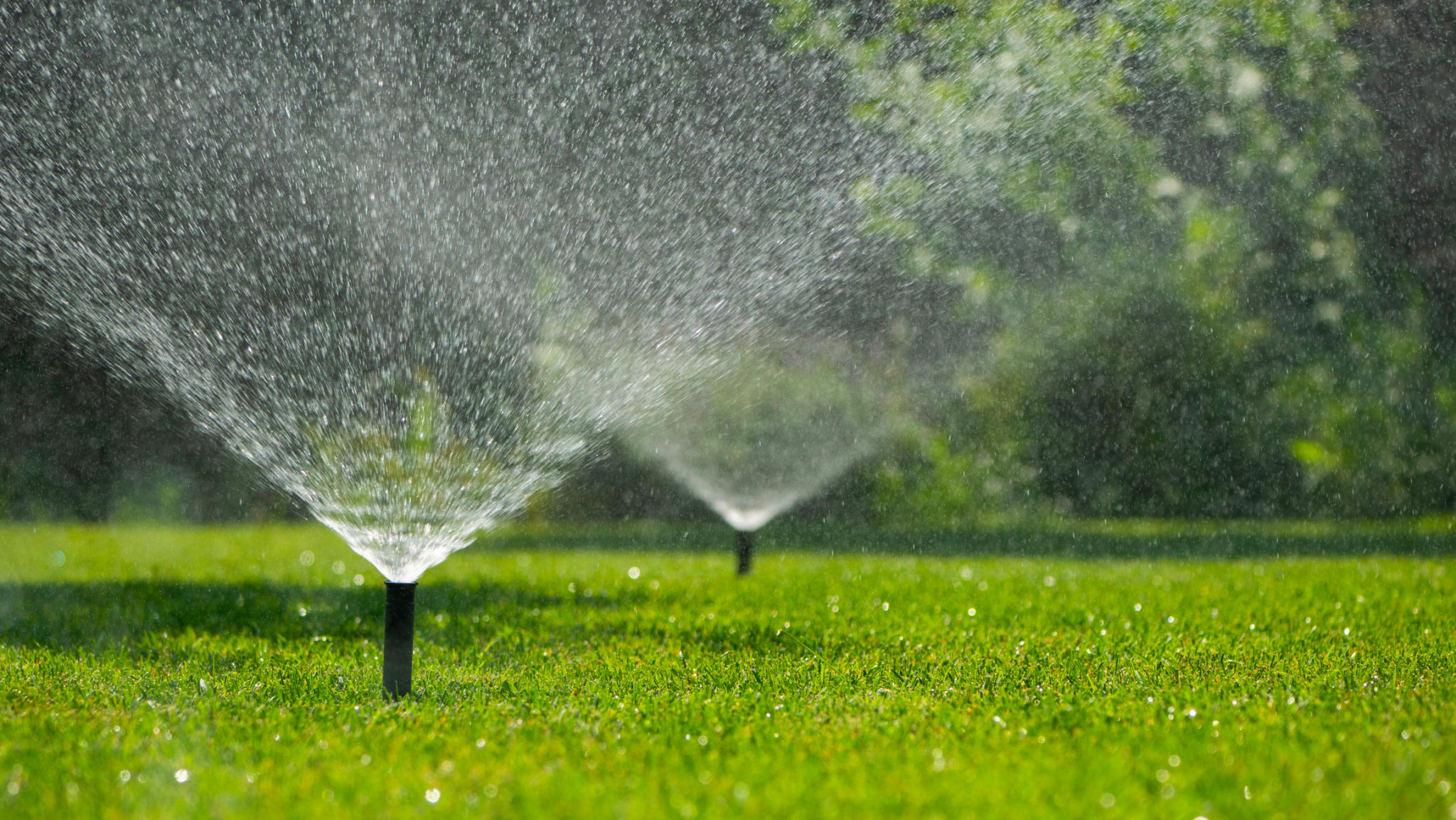A Comprehensive Guide to Sustainable Farming Practices at Olivery Orchards
Introduction to Sustainable Farming at Olivery Orchards
As the world becomes more conscious of environmental issues, sustainable farming practices have gained significant importance. Olivery Orchards is at the forefront of this movement, implementing eco-friendly techniques that not only enhance productivity but also protect our planet. This guide explores the various sustainable farming methods employed at Olivery Orchards, offering insights into how they are making a positive impact on the environment.

Soil Health and Management
Organic Matter Enrichment
Maintaining healthy soil is crucial for sustainable farming. At Olivery Orchards, soil health is enhanced through the addition of organic matter such as compost and cover crops. These practices boost soil fertility, improve moisture retention, and reduce erosion. By prioritizing soil health, the orchards ensure a rich environment for their crops to thrive.
Minimal Tillage
Olivery Orchards employs minimal tillage techniques to preserve soil structure and biodiversity. By reducing the disturbance of soil, they prevent erosion, maintain soil carbon levels, and support beneficial microorganisms. This approach not only enhances soil health but also reduces fuel consumption, contributing to lower carbon emissions.
Water Conservation Techniques
Drip Irrigation Systems
Water is a precious resource, and Olivery Orchards utilizes advanced drip irrigation systems to maximize efficiency. These systems deliver water directly to the plant roots, minimizing waste and evaporation. This targeted approach ensures that crops receive the necessary hydration without overuse, thereby conserving water resources.

Rainwater Harvesting
To further promote water conservation, Olivery Orchards has implemented rainwater harvesting practices. By collecting and storing rainwater, they reduce reliance on external water sources and provide a sustainable supply for irrigation needs. This method not only conserves water but also reduces costs and promotes self-sufficiency.
Pest Management and Biodiversity
Integrated Pest Management (IPM)
Olivery Orchards adopts Integrated Pest Management (IPM) to control pests in an environmentally friendly manner. This approach involves the use of natural predators, crop rotation, and selective use of organic pesticides. By focusing on prevention and natural control measures, they minimize chemical usage and promote ecological balance.
Enhancing Biodiversity
Promoting biodiversity is a key component of sustainable farming at Olivery Orchards. They cultivate a variety of plant species and maintain wildlife habitats to encourage a balanced ecosystem. This diversity supports pollinators, controls pests naturally, and contributes to overall farm resilience.

Conclusion: The Future of Sustainable Farming
Olivery Orchards stands as a shining example of how sustainable farming practices can be successfully implemented to benefit both the environment and agricultural productivity. By focusing on soil health, water conservation, pest management, and biodiversity, they lead the way towards a more sustainable future in agriculture. As consumers become increasingly aware of these issues, embracing such practices will be essential for the long-term success of farming enterprises worldwide.